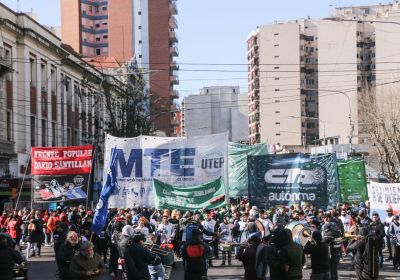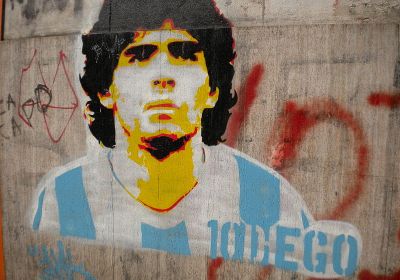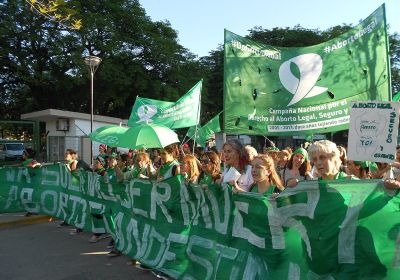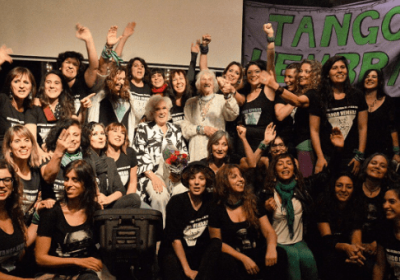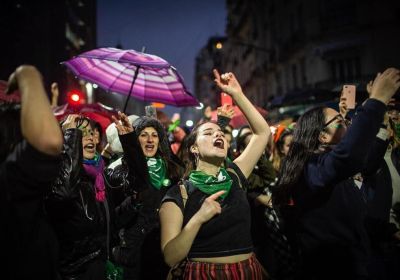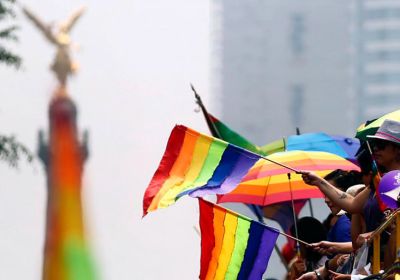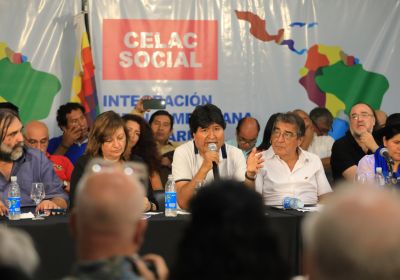
Movement leaders from across Latin America and the Caribbean meet ahead of CELAC summit in Argentina
More than 300 leaders of social organisations, unions and people’s movements from across Latin America and the Caribbean gathered ahead of the CELAC meeting, reports Fernanda Paixão.
